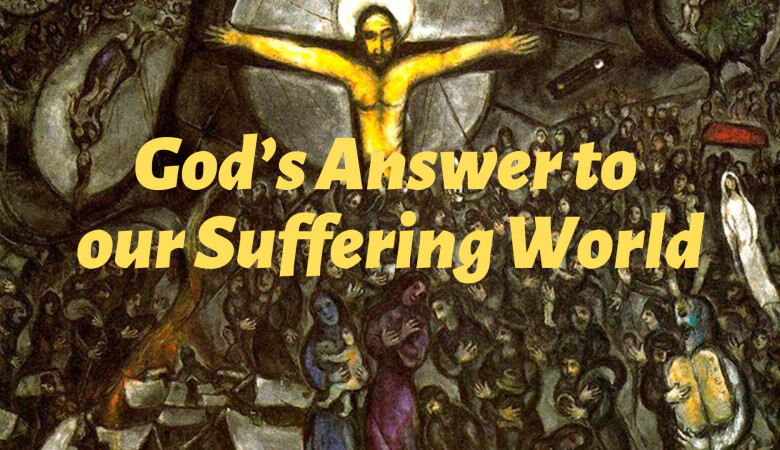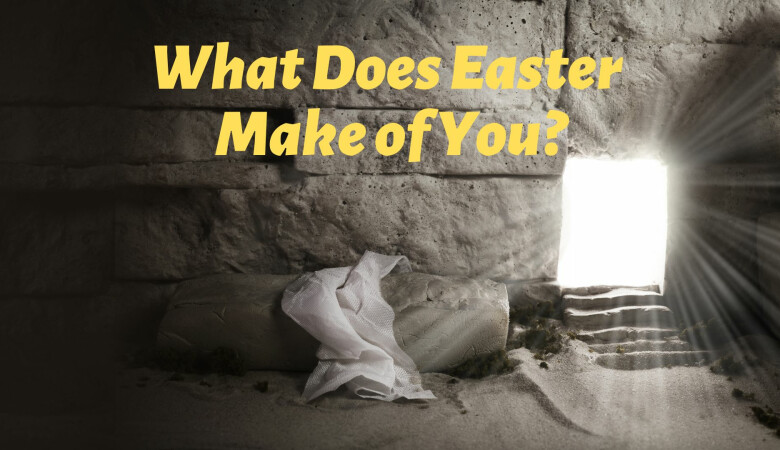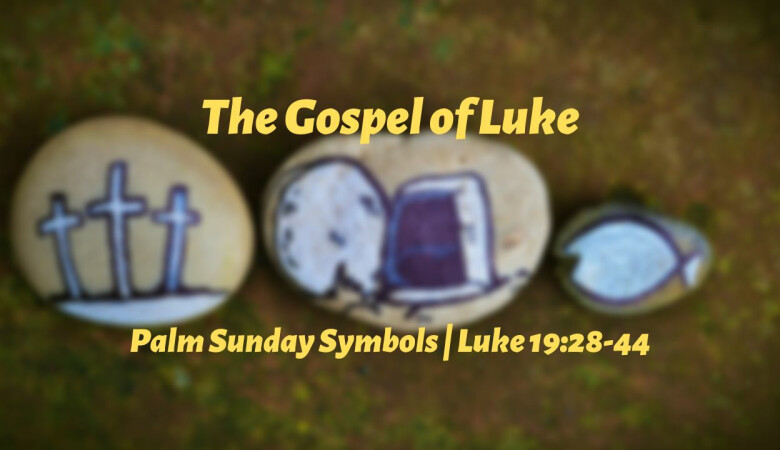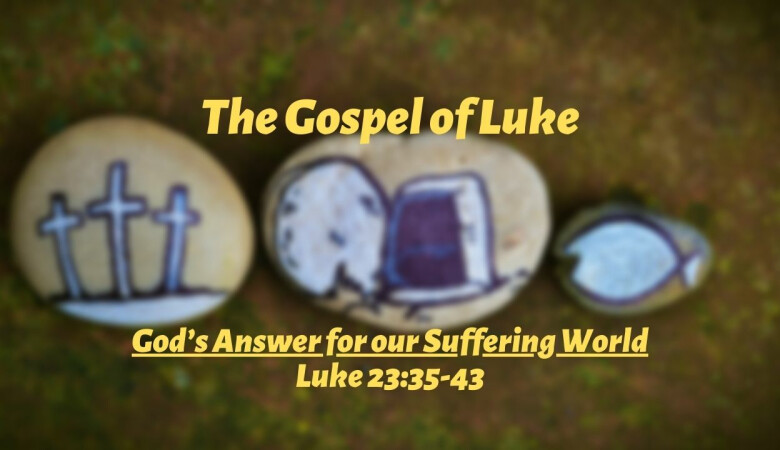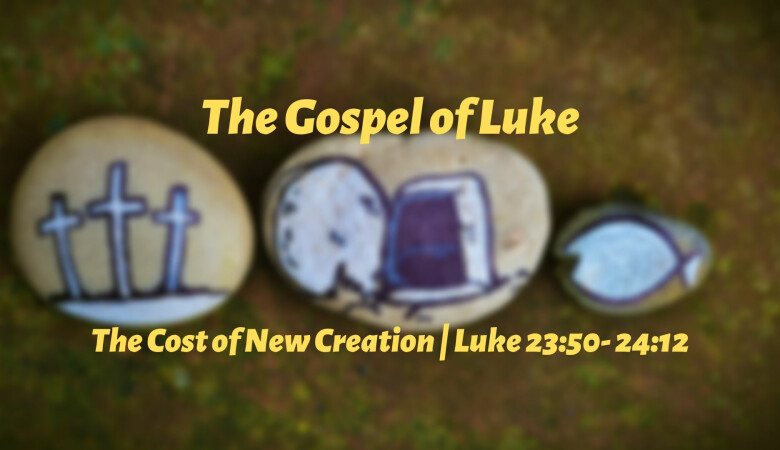Series: Lent
Hosanna!
April 02, 2023 | Peter Rowan
Passage: Matthew 21:1-11
See All Sermons in This Series
Summary:
Hosanna! means "Save us, please. So how in the world, within the course of less than a week, does a crowd go from shouting "Hosanna!" to shouting "Crucify Him?" How? Well, the same way we do. Jesus didn't just go along with the party lines. In fact, he rubbed all of the lines wrong. Just like he does today. He pushed the Sadducees and the Pharisees and the common people. Everyone wanted him to be their tribal King, their tribal God (or they already wanted him dead). They also had all of their ideas about what salvation meant and what it looked like. So do we. And when Jesus doesn't fit our party (which he never does) and when he pushed against our thought and our actions (which he often does), well, let's just do away with him!
Excerpt:
Why do you cry out "Save us please?" Just what does Hosanna mean?
Chronic pain, maybe a marriage that's built up resentment that is just never been dealt with. And it just builds and it festers. Children lost and miscarriages, children, that won't speak to you any more. How about this stat. Maybe this is why you cry out Hosanna: One in five women in the US are the victim of at least an attempted rape in their lives. One in five. One in three of those one in five women have that attempted rape at the least at least attempt it happened before they turn 18 years old. In 2019, over 652,000 Women were raped in the United States. Legalized abortion peaked in 1990. Some of you might know that it's been going down basically ever since 1990 when there were 1.6 million abortions in the United States. Point 6 million. Since 1973, there have been just Roe versus Wade 63 million abortions 63 million. Get this, the United States has 393 million guns owned by civilians. Three hundred and ninety-three million guns owned by civilians! The next highest is India, which has 71 million. But you know, the population of India is 1.4 billion. It's literally four times the size, population wise, the United States. Four times the size Hosanna. They'll say with me, "save us, Lord. Please, please."
Beforehand, when Jesus enters into Jerusalem, there's a detail in the Matthew narrative that says both the crowd that was in front of Jesus and the crowd that was following him were shouting Hosanna it's just surrounding him. And I just think like, obviously, it is, obviously because we all can list all the different reasons and our own personal lives in the life of the world and life of those who that we those we love. Why we say, save us, Lord, please. Those people long, just like you and I do, for a day when bodies will work right. When our minds won't be plagued with problems and mental health. When the violence of their day will come to an end. They experienced it just like we do. They longed for a government to act on the behalf of the common good. They shouted out and made such a fuss of Jesus coming. That's actually the detail. This is another good detail in Matthew that you can read afterwards. It's after this entrance. It says that as they entered Jerusalem, the whole city was in turmoil, and was asking who is this? The people were so loud, right, like we sang pretty well outside but like the whole city is like, what's going on? Who is this that they're shouting out? Hosanna so that was part of the question that I think I was sort of wrestling with, you know, why do we shout Hosanna but the other question I had as I was thinking about all this was sort of the question that we've considered some in the past. And that's this that. How is it? How is it that a crowd can be so thrilled that Jesus is entering into Jerusalem that they're, you know, shouting in front of him and behind him? And when they enter in, everybody's like, "well, what's going on?" This is crazy, this big deal going on. They can be yelling, "hosanna hosanna." And then at the end, I mean, not even the end of that week, right? Just a few days later. They say, "let him be crucified, kill him." Is it just that they were fickle and feckless? Up and down, like, like we are a lot of times, I mean, that's, that's true. Is it that it might, it's certainly partly that, but I want to suggest to you that beneath that they were primarily thinking of Jesus as giving them power, and exercising his power in the ways that they want, and they thought he should.
Series Information
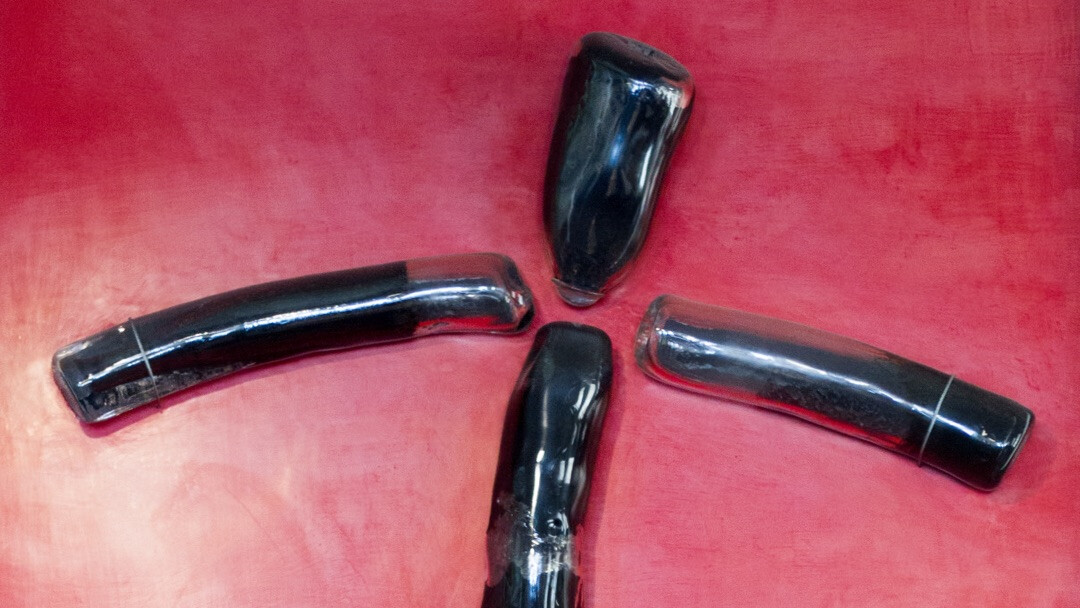
This series includes Ash Wednesday, Palm Sunday, Good Friday and Easter.

